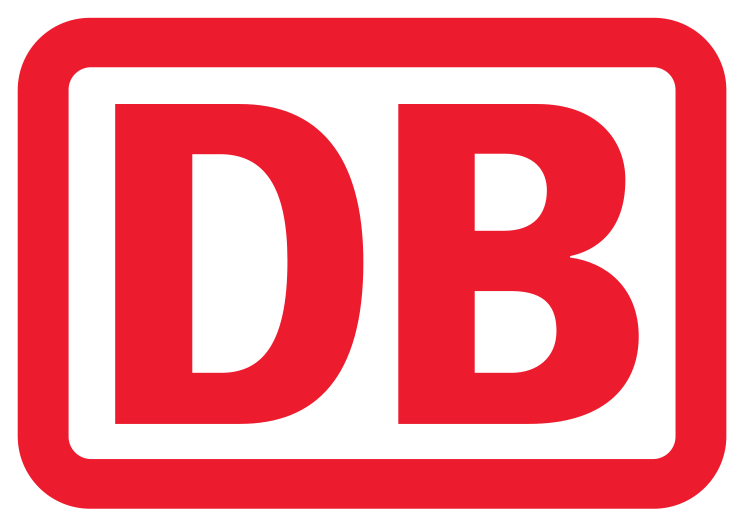Development of an efficient controlling system

Contents
Why controlling at all?
- Goal definition: What does my company want to achieve with the help of controlling?
- Transparency is the top priority.
- Planning, control and information.
- controllers as business partners.
Basics for setting up a controlling system
- Prerequisites for successful controlling: The framework conditions must be right.
- What are the company's overarching goals?
- Controlling starts in the mind: cooperation with the specialist departments.
- Requirements for controllers.
- Organization of the controlling area.
- External accounting and IT landscape.
Strategic and operational controlling instruments
- Strategic planning: determining future fields of action.
- The balanced scorecard as a link between strategic and operational controlling.
- Cost and activity accounting: revenue and contribution margin management, cost management.
- Functional controlling: Managing sales, production and R&D in line with the strategy.
- Tasks of controllers throughout the year.
Planning, budgeting and management reporting
- Planning processes as the key to coordinating the company.
- Medium-term planning, investment and project planning.
- Lean budgeting processes: Modern budgeting.
- Forecasting as support for budgeting.
- Management reporting: Creating transparency in the company through reports.
Key figures and key figure systems
- Corporate management via targets.
- Key financial figures: Success, return, liquidity, etc.
- Managing liquidity: cash flow and working capital.
- Non-financial key figures: Process control, quality indicators, personnel indicators, etc.
- Key figure systems: calculation and organization systems.
The roadmap to successful controlling
Learning environment
In your online learning environment, you will find useful information, downloads and extra services for this training course once you have registered.
Your benefit
- You will gain an overview of the controlling toolbox and its practical applications for your company.
- You will find out which management options arise for your company through strategic controlling.
- You will learn which controlling instruments are used in day-to-day operations.
- You will acquire the know-how to build up a management-relevant and targeted controlling system in your company step by step.
- You will discuss structural and personnel challenges for successful controlling as well as critical success factors for its implementation and further development.
Methods
Practice-oriented lecture, practical case studies, discussions, solutions to problems posed by the participants.
Recommended for
controllers, controllers controllers, specialists and managers from finance and accounting as well as from divisions that report to Controlling and managing directors.
The training is aimed in particular attendees from small and medium-sized companies who want to expand their controlling knowledge or who want to qualitatively secure and further develop the development status of their existing controlling system.
Further recommendations for "Setting up an efficient controlling system"
7363
Start dates and details

Tuesday, 10.03.2026
09:00 am - 5:30 pm

Friday, 08.05.2026
09:00 am - 5:30 pm
Wednesday, 19.08.2026
09:00 am - 5:30 pm
- one joint lunch per full seminar day,
- Catering during breaks and
- extensive working documents.

Monday, 16.11.2026
09:00 am - 5:30 pm
- one joint lunch per full seminar day,
- Catering during breaks and
- extensive working documents.
 4.4
4.4







